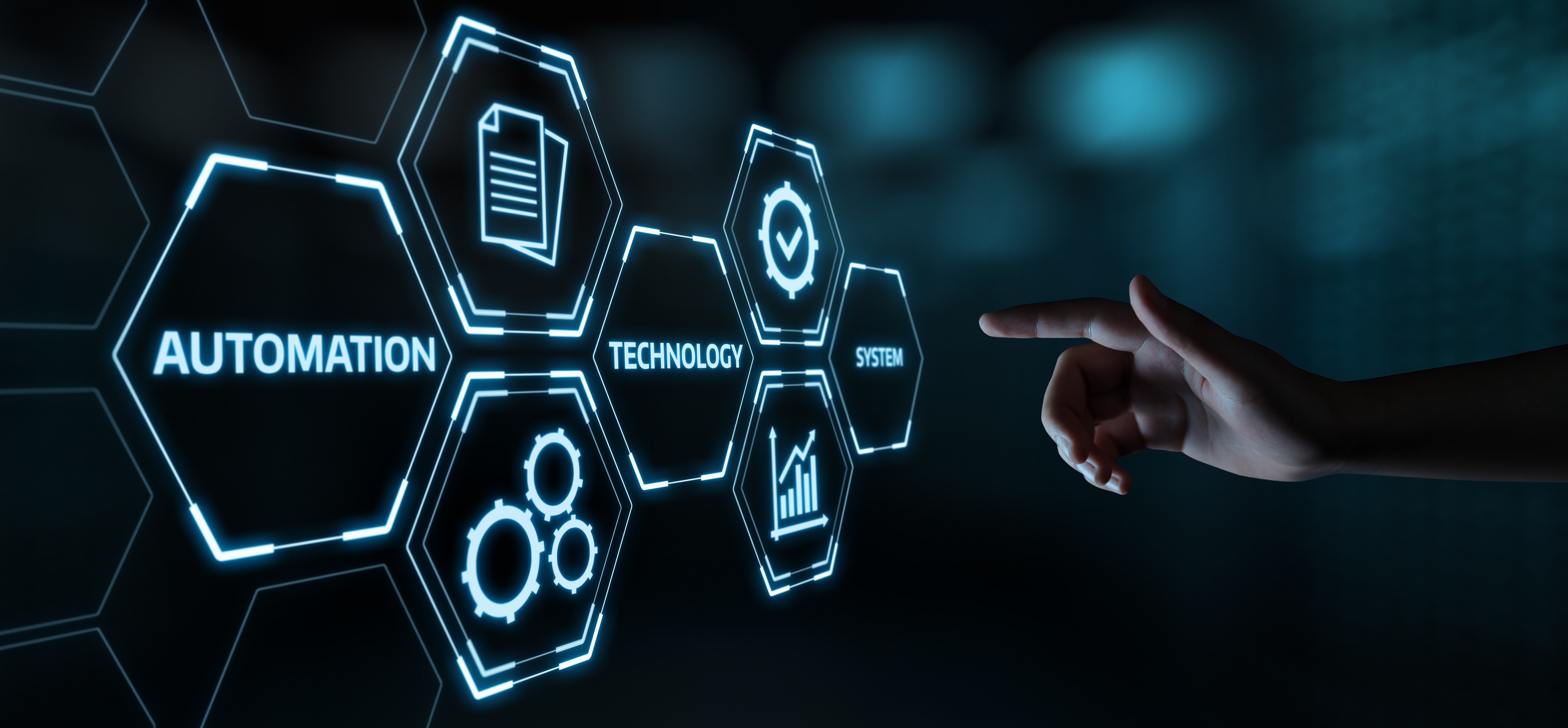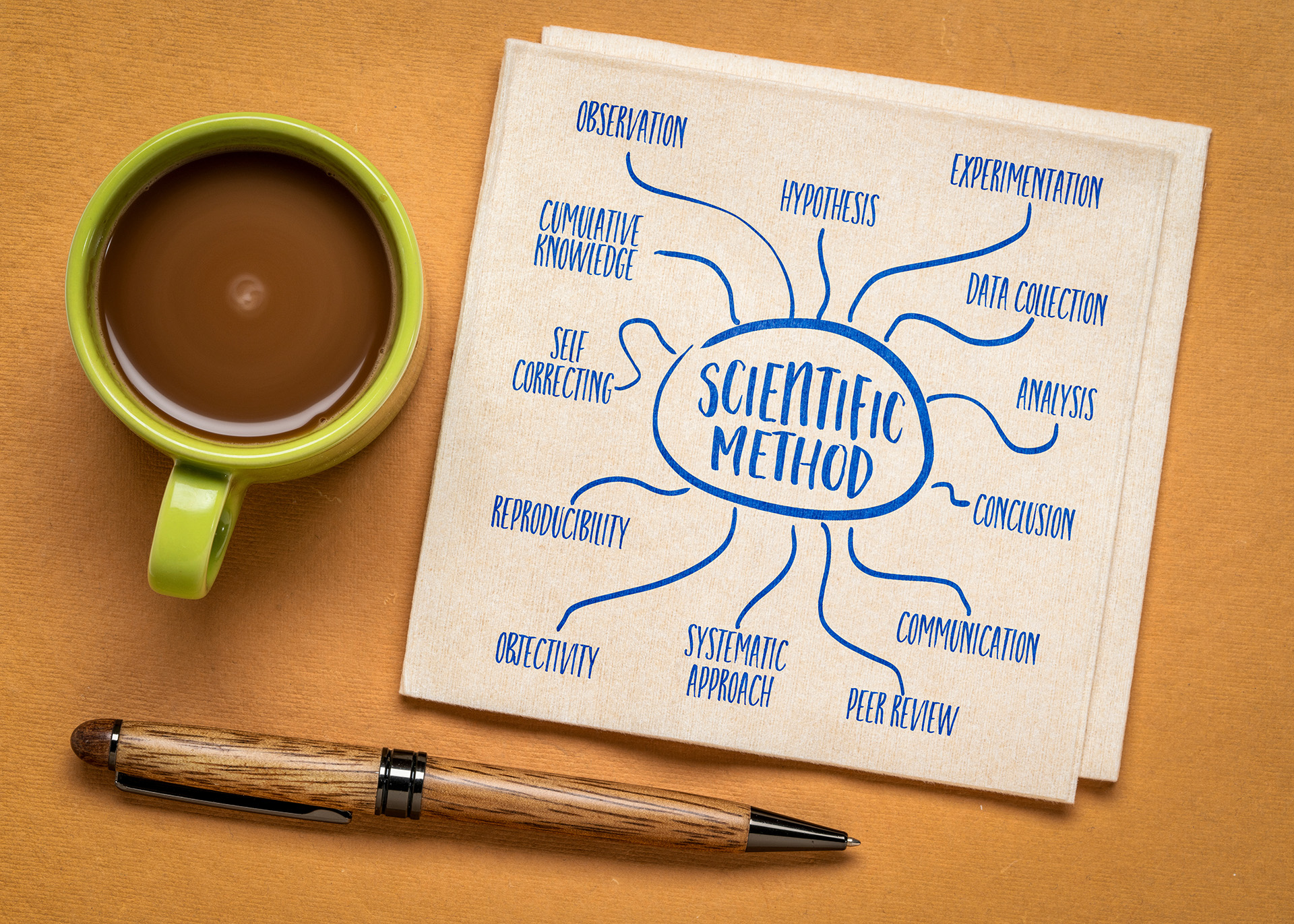A Letter to Chemistry

A letter to Chemistry
Written by Dr Anna Andreou, Co-founder & CEO
Science is all about passion.
Passion for discovery, innovation, knowledge and pushing the boundaries. We are humans and we are curious. We are driven to explore, learn and make the world a better place.
I wanted to be a scientist ever since I can remember. As a child I used to closely study and tried to understand everything around me. That child curiosity created a drive to ask “why” about everything.
Years passed and I discovered that my calling was specifically in chemistry. Understanding why things work or do not work on a molecular level, was extremely fascinating.
After 8 years at university, I completed a Bachelors, Masters and a PhD in Chemistry. I was incredibly lucky and blessed to study with world class lecturers and people that I would truly call scientists. I learnt so much in the process about science, chemistry, the world and even myself.
Sadly, in the process I also learnt that practical, everyday science wasn’t this romantic idea that I had in mind.
As a Research Chemist working in different Organic Chemistry labs for over 10 years, I used to spend 60% of my time executing what I would describe as, manual repetitive labour. Set up another reaction, do another filtration, another liquid-liquid separation all in hopes that there isn’t a column to do as well. Noone likes columns.
But the reality of the job is that chemistry is practical. And the vast majority of the job will have to be practically executed. But, that’s not why we became scientists!
We become scientists to innovate and use our intelligence, to understand and add value.That's truly what sets humans apart from other things, like machines. But somewhere, somehow, the chemical industry lost that passion.
Today, laboratory chemists are often “hands in the lab” and somehow that became acceptable. We tolerate issues that come from manual execution, like irreproducibility, slowness and high costs because it happens to everyone. And bizarrely, we tolerate these problems so much that even though everyone agrees on them being problems, very few organisations actually track the research impact or even the cost.
How much research potential is irreproducibility costing you every year?
How much more research could you have done in a shorter period of time if that wasn’t the case?
Why is everyone content with calling the chemical industry “a dinosaur industry”?
Why does lab work still look the same as 150 years ago?
Have you ever wondered why chemistry is one of the lowest skilled worker industries in productivity, salaries and employee added value?
If COVID taught us anything, it must be that science, technology and innovation should be at the forefront of everything we do.
I founded CheMastery because I believe that chemists should be enabled to be critical scientists. Chemists should be the masterminds that focus on the innovative parts, the thinking, the strategy! Nothing can compete with human intelligence. Even AI and all of today’s fancy tools, it’s human intelligence that made them.
It’s time we lead with science again.
Sincerely,
Anna
Other articles

The Knowledge Bottleneck in Chemistry: Why Sharing Skills Is So Hard - And What We Can Do About It

Not all automation is equal

The Value Proposition of Automation




